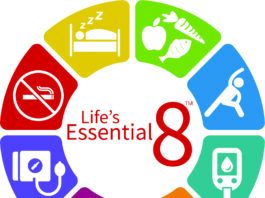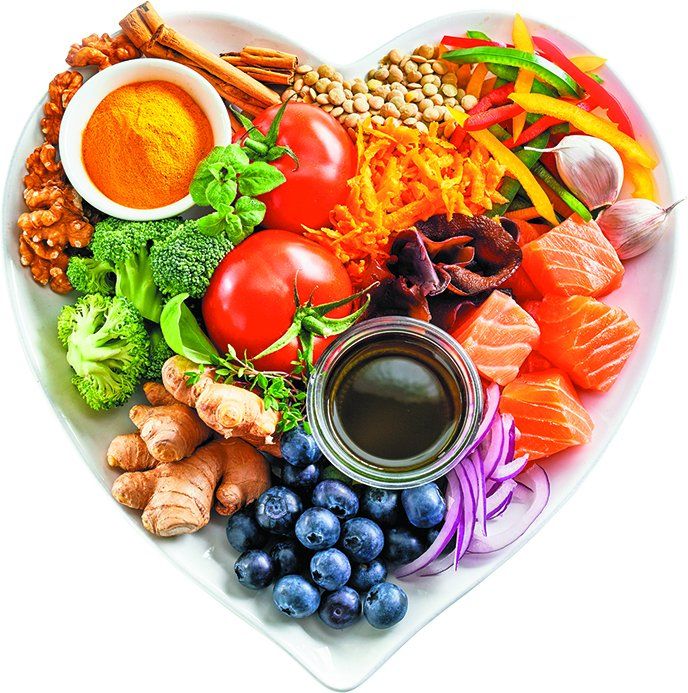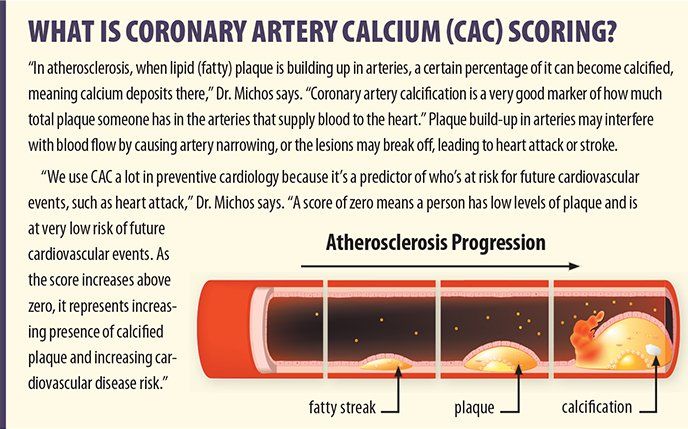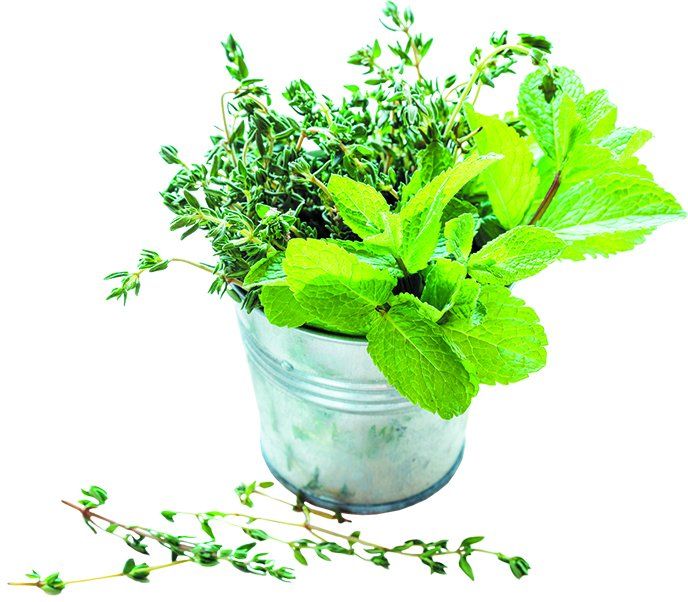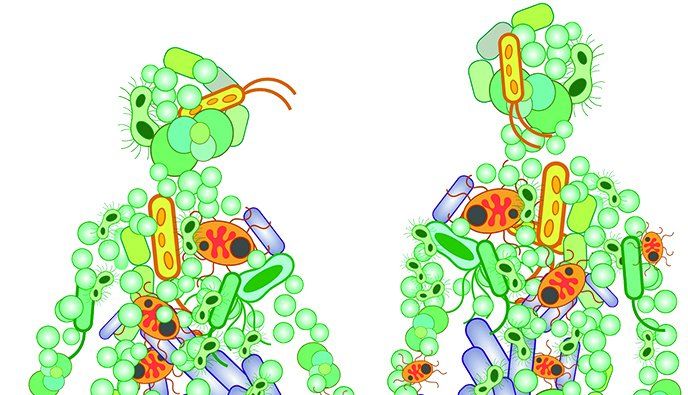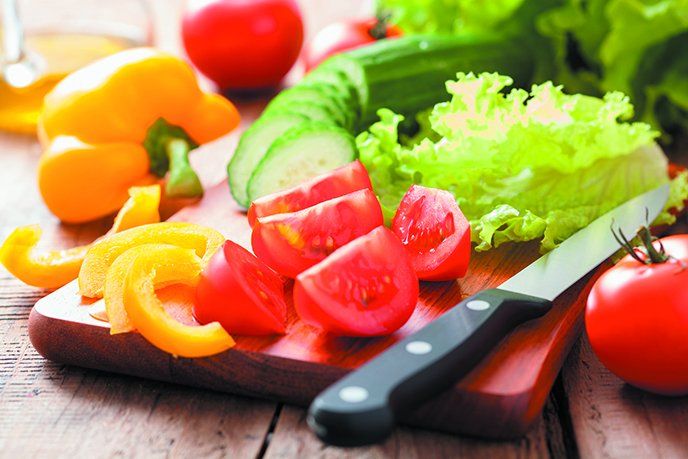Nutrition Then and Now
Advice about how to eat for good health sometimes changes. To you, it may seem like scientists can't make up their minds. What's really happening is that scientists are continually learning new things about nutrition and health through research studies. Experts modify dietary guidance based on the totality of scientific evidence on a given topic.
7 Ways to Help Fight Food Waste
What foods have you thrown out recently? Maybe some slimy salad greens, moldy bread or a bit of leftover spaghetti? If you can't think of any food you've tossed lately, you're doing better than most of us. Each year, the average family of four throws out over 1,000 pounds of food at a cost of $1,500.
Anti-Aging Nutrition for Eyes
As people age, they're even more afraid of losing their vision than their memory, says a survey by the American Optometric Association. Risk of potentially sight-robbing eye diseases does increase as we get older. Age-related macular degeneration (AMD), cataracts and glaucoma are three top concerns.
Food Is Smartest Calcium Source
You shouldn't have to choose between the health of your heart and your bones. Yet, news headlines sparked by studies over the past decade have resulted in a lot of confusion about possible ties between getting too much calcium and an increased risk of heart attack. A new analysis in which scientists considered the evidence as a whole, however, provides reassurance: You can safely meet your calcium needs without putting your heart at risk.
Maximizing Flavor with Herbs and Spices
Herbs and spices are a real win-win when it comes to eating healthier while enjoying what you eat. Studies show taste is ultimately the key factor driving our typical food choices. So, making healthful foods taste great is important. Herbs and spices can help you reduce the amount of salt you add to dishes while making nutritious foods like vegetables, whole grains and fish more flavorful.
Nourishing Your Microbiota
Microbes - bacteria and other tiny critters not visible to the naked eye but numbering in the trillions - are busy in your body. Many of these microbes benefit you. Others have the potential to cause harm. This community of microbes is called the microbiota. Their genes are called the microbiome.
Mastering Appetite Control
It's all too common for people to go on weight loss diets but give up because their appetite is surging. Sadly, many people regain much of the weight theyve worked so hard to lose. It may not be due to weak willpower, though. Rather, your body may be producing powerful signals to tell you to eat. How you go about weight loss could make an important difference.
Substituting Ingredients for Good Health
Not only can substitution save the day when you lack an ingredient called for in a recipe, but it also enables you to make a recipe better for you. That's helpful whether you are trying to improve your overall eating pattern or are cooking for a specific health condition.
Health Claims On Your Food
Have you read your groceries lately? Many of them tout reasons why health-minded shoppers should buy them, such as to lower cholesterol, reduce risk of osteoporosis or prevent cancer. Some sport bright red hearts claiming the products are heart healthy. But can you trust such health claims?
Diabetes Diet: What to Eat
One of the biggest challenges many people face when they find out they have diabetes is figuring out what they can eat and when. Fortunately, healthy eating when you have type 1 or type 2 diabetes (or prediabetes) isn't substantially different from how we all should eat. Diabetes-friendly meals feature the same healthy foods - whole grains, colorful non-starchy vegetables, whole fruits, lean protein, fish, low-fat dairy, nuts and healthy fats - recommended for everyone.




























